"Let's make politics means for finding missing persons"
Monday, 08.10.2018.
09:46
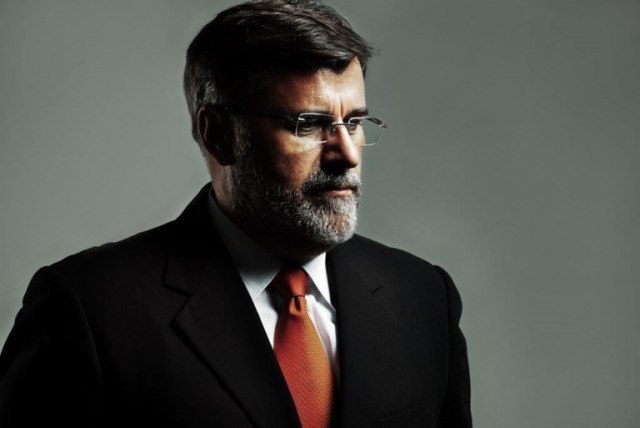
"Let's make politics means for finding missing persons"
Let's make politics a means for finding all the missing, and not to the contrary, that the missing persons are a means of political conflictDuring yesterday’s session, I heard from a panelist that his organization was very dedicated to the problems of this region until about a decade ago, when the focus shifted to some other hot spots, Syria, etc.... and that now there is a growing interest of the international community for these areas, so they will come back ...
I could be cynical, and say that I am afraid of it, because there are theories that whenever the so-called international community is concerned, then it is a sign that we should increase security level or we should withdraw... I do not intend to transfer responsibility for all the evil on the international community, but we must say that the engagement of the same was quite experimental, overwhelming, but in many cases beneficial. However, it also happened that there was a lack of interest and withdrawal, without conditions being created to continue the process of dealing with the past.
I will speak today on my behalf, since everything I do - I do in my name, although some of the obligations I took up may lead you to think that I represent the interests of the country or certain positions. As I understand it, the mission is to fight to solve the problem of the missing, to make this issue become a priority in all the countries in the region, and all institutions of those countries, trying to make the entire process of determining the fate of the missing depoliticised, every missing person is equally important to every actor, every country and the institution, regardless of the nation, religion, gender ... that no one has the right to claim the fate of the missing.
Two months ago, the President of the Republic of Serbia asked me if I am willing to help in the process of searching for missing persons with Croatia, and I accepted, without any institutional framework, compensation, or any benefits, because I know how important it is to do everything possible that the fate of each missing person is revealed, that the bodies are found, exhumed, identified, buried in a dignified manner, and that, of course, should be followed by determining responsibility and exerting deserved punishment ...
Since the beginning of the wars, I have been actively involved in the anti-war activities, in the post-war period, I had produced a number of documentary programs on specific war crimes, a documentary about Vukovar, I was a co-producer in documentaries about Paulin’s Dvor, Lora, crimes against Albanians, broadcasting the first film "A Cry from the Grave" that depicts crimes committed in Srebrenica ... For all that, I was adequately qualified as Ustasha, Balija, etc. ... For six years, I was under 24/7 police protection.
I had participated in a number of similar events, and I always feel ashamed. I always feel like that because of the evil that many of you suffered, and I feel the need to offer you sincere compassion and apology on my behalf. I'm sorry that members of my nation committed crimes, and I hope that all those who did it will get a well-deserved punishment. I address these words also to one of the speakers on the panel, Mr. Sucic, whose parents were killed.
And I believe that it is necessary, as Saranda presented yesterday in a very strong personal testimony, that we should not give up, but that each of us devotes a part of our engagement in finding the missing, determining the circumstances under which they were killed, and sanctioning those responsible. I believe that we must have the same attitude towards every missing and killed, to the family of every missing and killed, to anyone who has survived violence, torture, rape ... To take care of everyone who is pushed aside, such as women victims, such as old and infirm, civilians, etc...
Several speakers mentioned time lapse, and that the victims, the witnesses, the criminals are dying ... I would add the political circumstances, the revisionism of the war events we are talking about, but also the revisionism of the events in the Second World War, which keeps up with this revisionism ... They are creating context in which the possibilities of effectively finding missing persons will be further reduced.
In the past month, I was introduced with the situation in Serbia when it comes to the activities of all institutions related to the finding of missing persons. However, I did not have the opportunity to get acquainted directly with the situation in Croatia.
I have read very brief and informative analyses on the work on finding missing persons done by Dokumenta from Zagreb and the Humanitarian Law Center, as well as the conclusions of the regional coordination of the missing (Croatia, Bosnia and Herzegovina, Kosovo and Serbia). All conclusions and recommendations are very clear, argumentative, practical, and highly useful.
I would like to present some of my conclusions from the previous insight.
The state of the missing persons during the war in Croatia is still more political than a humanitarian, moral problem. Let's try to change that. Let us try to protect all those who are seeking their relatives from war and post-war policies and let’s try to help them find out what happened to their beloved ones and, if possible, help them to bury them in peace. The political side, of course, should not be neglected nor ignored, but if it blocks us from doing as much as possible to find the missing, we should leave it aside, postpone it for another discussion.
The current state of the missing, both in number and in search procedures, requires a responsible relationship between both parties. Both Serbia and Croatia have reasons to actively engage themselves in finding the missing, in exchanging information and data, because not only Serbs or Croats are being sought. In the first place, the missing are the ones most important to their families. We cannot be satisfied with the results achieved so far.
We have to:
- Accelerate exhumations,
- Accelerate identification,
- Organize open discussions about useful and necessary information on the missing persons,
- Consider the possibilities of reciprocal gestures towards the victims, and this also means for the missing.
It is important to create a unified regional list of missing persons.
In this Serbian-Croatian mandate I have, I think it is very important to create a unified Serbian-Croatian list, but not just publishing an endless list of missing persons, but also that each name contains data from all institutions of both parties, about all possible existing knowledge pertaining to the circumstances of disappearance, place, witnesses, knowledge, similar cases, possible group of missing persons, possible places where they were buried, possible relocations of the burial site ... secondary, tertiary graves. And for each one, there is a continuous updating of data, each case will be considered separately and in continuity.
I will briefly introduce you with what I have done when it comes to the impunity of the murders of journalists in Serbia. We have three unresolved cases, i.e. 100% of the unsolved murder cases of journalists ... Investigations did not lead to indictment. Politicians' promises have always been heard in pre-election campaigns and immediately after enthronement. After that, all that we got was a set of new promises at commemorations. I suggested that the journalists be included, and Commission for investigating the killings of journalists was established. After two years, an indictment was filed for the murder of one of them, and a trial is underway, with the head of the State Security and his close associates being main defendants. Other investigations are open, there are permanent teams working on them. What is very important is that the investigation lasts round the clock, that capacities are assigned to be able to constantly work on these cases. With the control of the journalistic community, this is definitely some sort of a maximum. I also suggested the same model when it comes to investigating the cases of kidnapped and killed journalists in Kosovo. According to the data of both associations and the International Federation of Journalists, between 1998 and 2005, 14 journalists and media workers were killed. Seven Albanians were killed and five Serbs kidnapped, missing and two killed.
As mentioned yesterday, since part of the kidnappings and murders occurred during the rule of former Yugoslavia, cooperation is still needed. Therefore, we insisted on collecting data from all institutions of Serbia, and this is exactly what is being done presently. I believe that there will be useful data for the process of finding missing persons, and judicial processing. The establishment of a similar Commission in which representatives of journalistic associations and non-governmental associations would also participate is very important, precisely because of all the weaknesses that Saranda spoke about, lack of capacity, but also the complexity of the overall circumstances. It is necessary to collect all the documents of the Yugoslav and Serbian authorities that were responsible until June 1999, KFOR, which had taken over a mandate immediately afterwards to protect citizens, and in the first few months, only kept records of the crimes. Then, the UNMIK police, while part of the documentation was taken over by EULEX later, and part was not... Part of this documentation was handed over by EULEX to the judicial authorities of Kosovo, we heard that there are three prosecutors, and part probably didn’t...
I accidentally had an insight into a Kosovo Verification Mission document referring to two Serbian journalists who were kept in the KLA prison back in 1998, and when I inquired about this archive, it was not available to the Serbian authorities, as it is located in Warsaw.
Today, we are working on collecting all the data on each case of disappearances and murders of journalists, when it comes to institutions in Serbia, regarding their families, possible witnesses, and this will be a serious part of the material for the prosecution when conditions are created that the documents are exchanged and the proceedings launched.
I want to say that it is very important, and that is also true for the missing persons in Croatia, that in each case the missing persons have the same care, dedication, and investigative procedure, the resolve to take advantage of all possibilities, on any level, and that the search never ends. And it is necessary to seek, and not only to respond to one's demands. To have a unique record and unified information and a unique determination to find each missing person, and unique process of search, and not to interrupt it until a fate is finally revealed.
Regional cooperation and exchange of experiences is also very important.
There are cases like the one I recently heard of, and maybe I should not mention it because an investigation is being conducted in Serbia against the perpetrator, while they were killed in Croatia and a witness resides in Kosovo... There is no judicial cooperation, and EULEX, which in the past had mediation mission, currently has almost no mission whatsoever...
We are now in the position to do something, but even when the conditions for the realization of justice have been created, we simply lack mechanisms for carrying it out...
So, in addition to a unified list, a live database, I think it is very important to work together.
I think that if one side addresses another with the list of requirements that may be insufficiently precise, and often it is impossible to precisely specify requests, than this presents a huge space for misunderstanding.
It is important to make regional or thematic grouping of goals, to work on establishing facts, names, and to organize and plan the search in relation to this.
For example, specifically establish the facts about the circumstances of the missing persons in Vukovar. Each name represents unique destiny, as some Serbs have disappeared before the war operations, it is known how many Croats have disappeared, etc.
I think it would be very important that a special team deals with these fates. Of course, another such possible entity is the Operation Storm.
Here I come to the next observation.
Associations of the missing and killed. I think they are scarcely involved in finding missing persons. The same goes for non-governmental organizations dealing with these issues, whether they are national or regional, local.
I am sure that families of missing persons, associations of missing persons from certain regions, have full interest and sensibility, greater than others, to reveal the fates of the missing persons. And that their participation is invaluable.
Regional panels could certainly pay more attention to individual and group cases. For example, there is a search for a bus in which there were 47 Croats, which was taken in an unknown direction, and the fate of these people remains a mystery. The place where the bus was taken from must have been located, there must be witnesses from different structures, nations with diverse interests, who could provide some useful information, but we should constantly work on it.
Here we come to the next problem that is related to revisionist tendencies.
Namely, the relatives of the victims increasingly avoid making public statements, they increasingly withdraw from the public and there are anonymous sources, since there is a belief that, on the other side, they will have problems if they, perhaps, plan to return, or some of them have returned, or simply they do not want to have any additional problems.
So, instead of creating a climate that encourages the resolve of the cases of all the missing, we have created atmosphere, that regardless of the declarative statements, at the realistic level, it is just a possible problem for families...
Again, at all levels, it is necessary to provide evidence that states and their representatives are committed to a common goal.
I recently read about the case of the child murder that took places some 15 years ago in the Netherlands. Local community exercised strong pressure on the police and the prosecution. And thanks to constant breakthroughs in DNA analysis, the prosecution has decided to invite all citizens of that region to give blood, in order to find the perpetrator. And they managed to get to the perpetrator through a distant cousin’s blood analysis, who already had a pedophile file, and was arrested in Barcelona where he currently resides.
I think that, among other decisions, it is necessary to create permanent regional media campaigns that would talk about the necessity for everyone to participate in a process that would lead to forming a complete database that would facilitate the identification of exhumed bodies.
At this moment, I think there are about 900 exhumed bodies in the morgues in Croatia that have not been identified. I do not know what all the problems are, but I believe that the additional activity on the DNA collection of the cousin samples would help in identifying procedure. So, it could significantly reduce the number of about 2.000 missing people we now have, according to different data.
It is very important to speed up the checking of all the locations for which there are information to be mass graves there. For some locations, there have been testimonies since 2012, but they have not yet been tested and put ad acta, no matter what has been determined. Also, there are identified grave sites, according to data 76, where it is known that an unidentified persons were buried who could be on the list of missing persons.
In both cases, in the case of the identification of the existing 900 bodies, it is possible that there are certain infrastructure problems, and I believe that everything should be done to enable the conditions that would lead to the solving as soon as possible, in cases where there are either bodies or information about locations... I believe that this method could shorten, at least for a quarter, a list of unidentified missing persons in a short period of time.
When it comes to archives for which there are requests to be opened in Serbia, Croatia, etc., but also the archives of the Hague Tribunal and other international organizations, (recently a grave site was found in Kosovo where the bodies of five persons were registered by KFOR, but nothing was done when it comes to exhumation, these bodies were in the same location to date, until someone found them in one of these international archives ...)
I am sure that it is necessary to find a mechanism for the data from the archives of our countries to become available and, at the same time, to establish trust in the data from those archives.
Of course, the data from the archive itself will not be enough. It is important to find people who were responsible for places or activities related to the missing and find ways to provide data that would reveal grave sites and tombs, be they primary, secondary, etc.
I understand this engagement more as an engagement on behalf of the families of the disappeared and killed, than as the mandate of the president. I will, of course, use every opportunity to exert pressure for creating the conditions for improving efficiency when it comes to finding the missing. I do not have any other mechanism to do this except for the public.






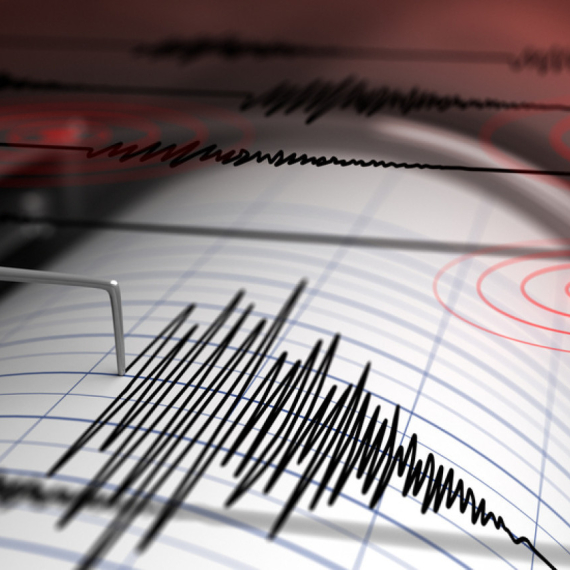




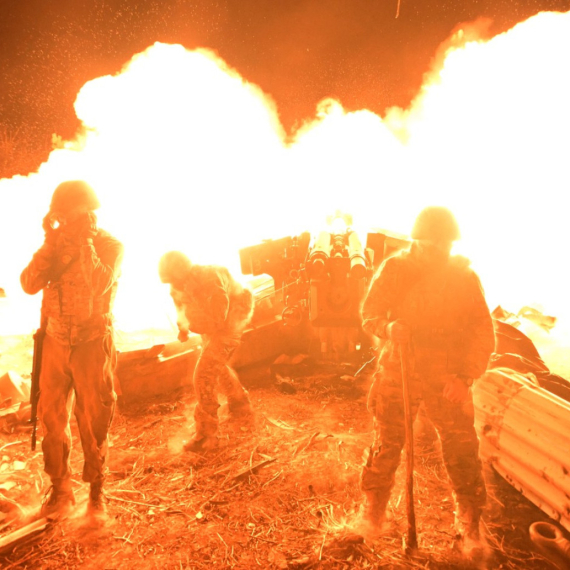



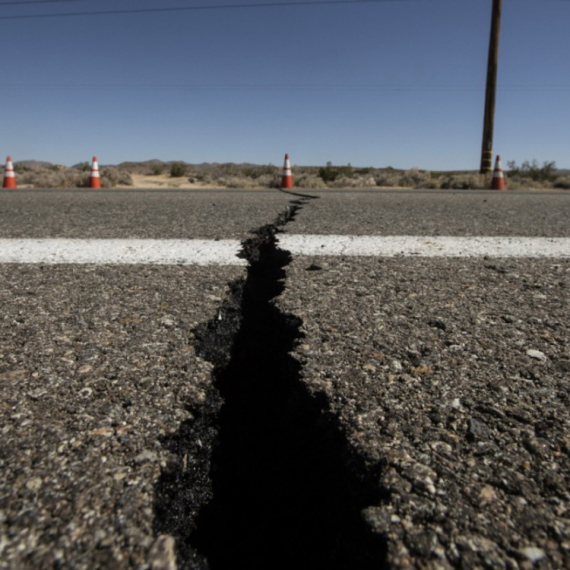
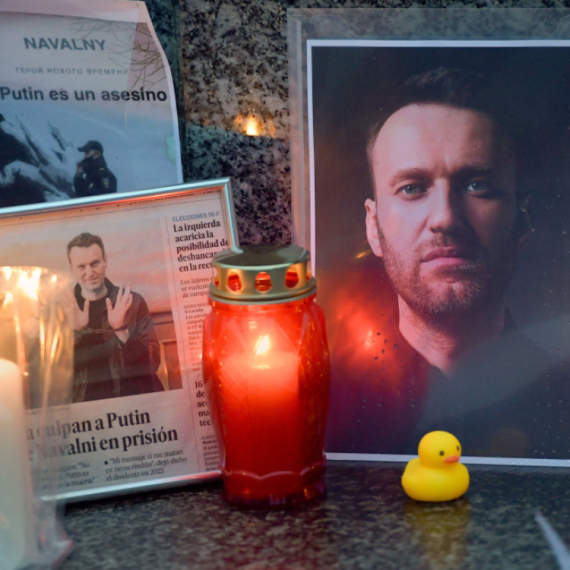
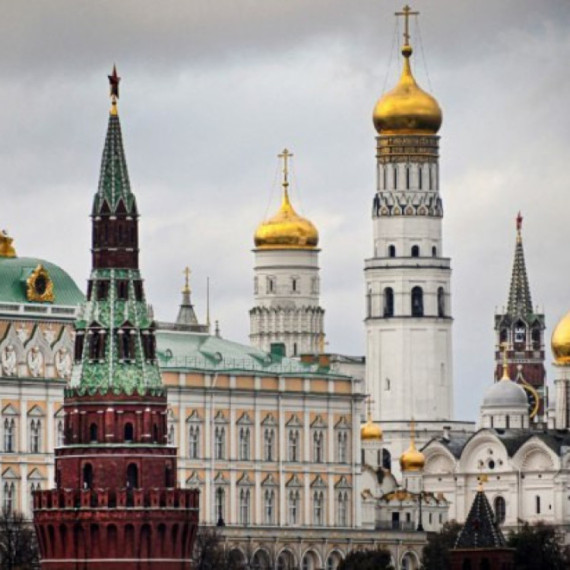
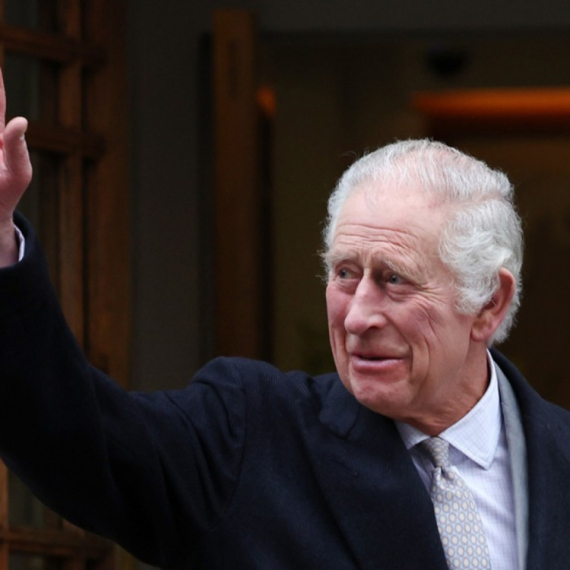
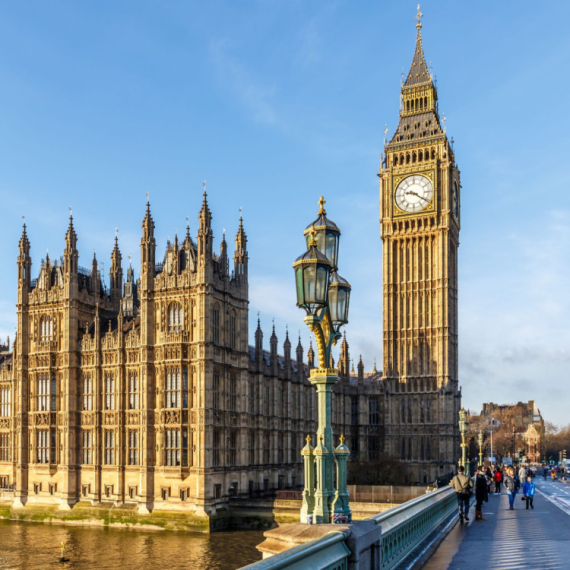
































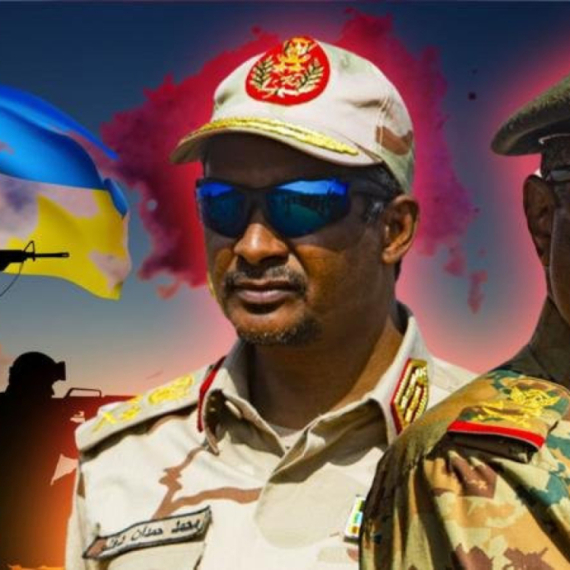

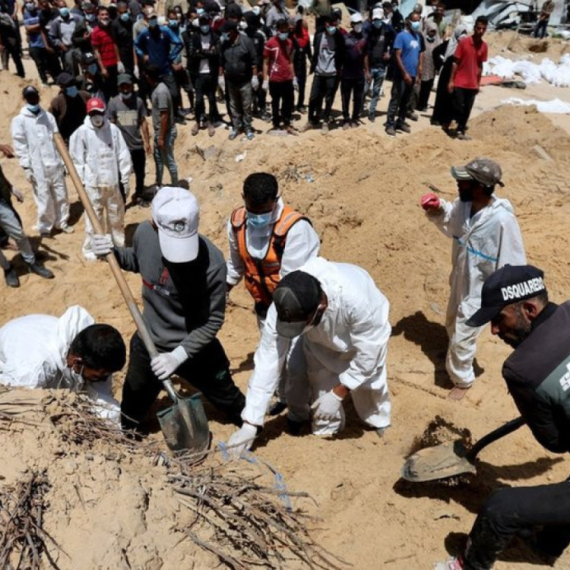



Komentari 0